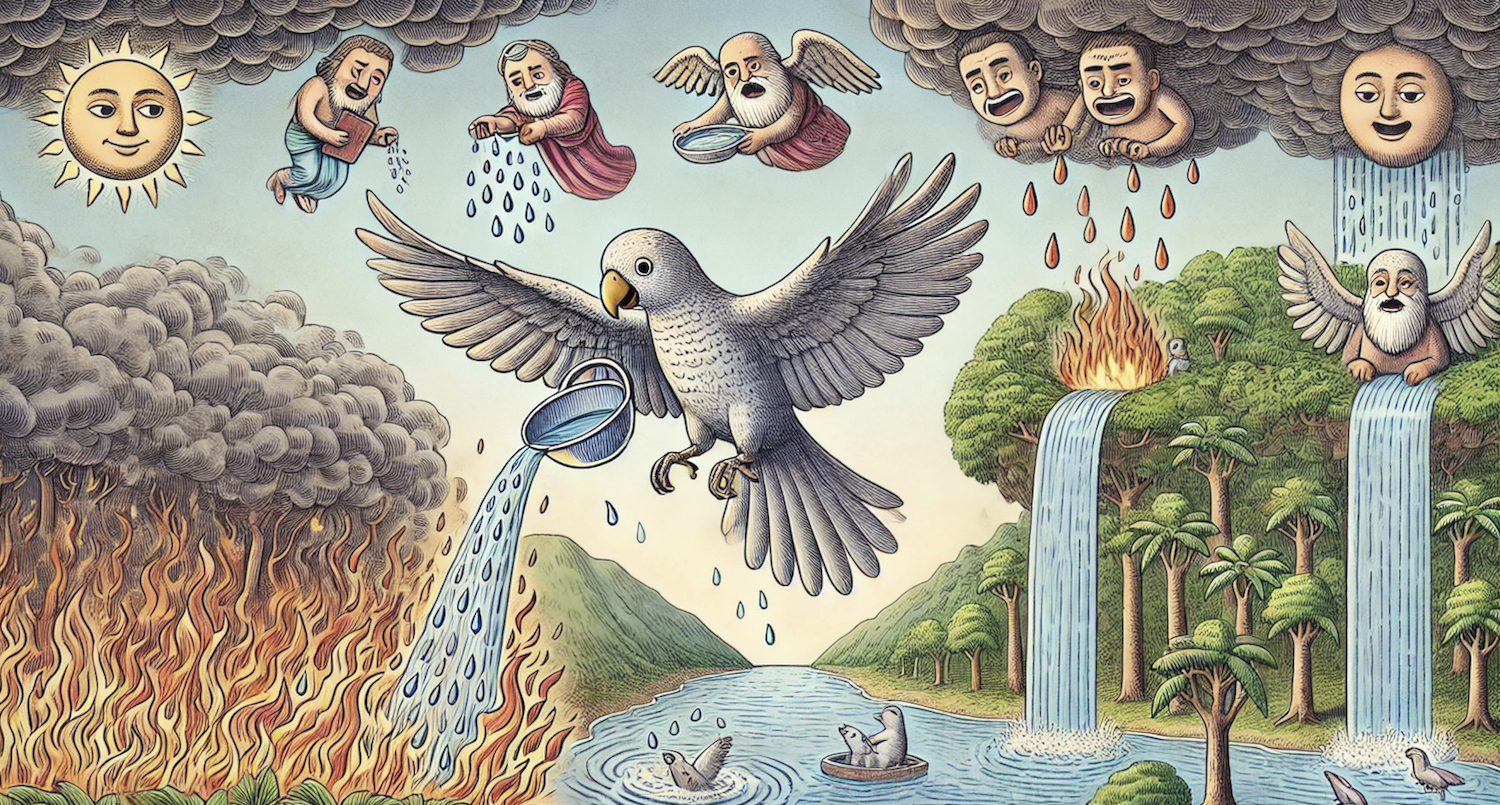In Observance of Ayudha Puja
Around the 12th century, Hindu warriors were so enchanted by the power of their weapons they invented a ritual to honor them. Then farmers started honoring their plows. Musicians started honoring their instruments. Over time, these rituals coalesced into the full-fledged festival known as Ayudha Puja — the "rite of implements" or the “worship of the machines.”
It was in Robert Geraci's Temples of Modernity we discovered all of this and decided there should be a similar day in Unitarian Universalism that’s inspired by Ayudha Puja while in no way culturally misappropriating it.
There’s much to be gained by thinking with greater clarity about our relationships with our tools and machines, especially as Artificial Intelligence makes inroads in virtually every sphere of our lives, advancing exponentially.
Last year, UU Saratoga minister Rev. Joe Cleveland opened the AI conversation at UU Saratoga with “Machined Soul,” while Rev. Nica Eaton contributed “Love in the Development of AI.”
Just as it’s hard with Easter to know exactly where in the calendar this holiday will fall, so it is with Ayudha Puja. Part of the nine-day Hindu festival of Navaratri, which is dedicated to the goddess Durga, it’s almost always observed in October. Thus we say any Sunday in October is appropriate for an Ayudha Puja observance.
We’ll soon discover what this year’s UU interpretation of Ayudha Puja will bring. This conversation is just beginning.
A Demonstration of Human/AI Collaboration
We must bring the vocabulary of Artificial Intelligence into the vocabulary of our faith community. And vice versa. We must bring the language of our faith community into AI.
As a demonstration of how AI and humans can productively collaborate, we asked ChatGPT to “read” two compelling books and combine their wisdom in a 15-minute sermon that we’re offering to UU congregations as a conversation starter, a hypothesis we’ll invite UUs to read and reflect upon as we confront AI’s awesome powers and explore ways to employ it in creating a more humane world.
One is Shannon Vallor’s The AI Mirror: How to Reclaim Our Humanity in the Age of Machine Thinking. She holds the Baillie Gifford Chair in the Ethics of Data and Artificial Intelligence at the University of Edinburgh and serves as Director of the Centre for Technomoral Futures at the Edinburgh Futures Institute. A former president of the international Society for Philosophy and Technology, she works regularly with engineers, designers, and executives on the implementation of ethical decision-making skills and practices in tech industry settings.
The other book is Love at the Center, a collection of 20 essays by leading Unitarian Universalist thinkers produced in connection with Unitarian Universalist Association's Article 2 discussion, which focused on revisiting and revising the core values and purposes of the UUA. "Love at the Center" reflects the key proposal to make "love" the guiding principle of the revised Article 2, emphasizing compassion, justice, and interconnectedness as our faith’s central tenets.
Might we fuse these perspectives in a sermon we’ll offer to UU congregations in observance of Ayudha Puja?
We first extracted this key excerpt from Vallor’s conclusion.
Then we extracted these excerpts from essays written by UU thought leaders.
Then we dropped both of these into ChatGPT and, noting the nation’s overriding concern about our ability to sustain democracy beyond Election Day, gave it this prompt:
What are the most promising and important contributions Artificial Intelligence can make to preserving democracy in the U.S. over the next 20 years if we can center our collective values and allow ourselves to be guided not by the dictates of efficiency but by a future that Shannon Vallor calls “worthy of being called humane”?
Please write your response as a 15-minute sermon to be delivered and discussed in UU congregations in observance of Ayudha Puja. Please incorporate the insights of these UU thought leaders.
Below is ChatGPT’s draft text and illustration. Click to see how this Large Language Model has, through sheer mathematics, captured in a single message the insights of nine important thinkers on a topic of utmost importance.
This is a remarkable new power ChatGPT has given us. What do we make of it? How can we put it to best use?
Let us reflect on these and more questions to be offered by UUs for Responsible AI as we reflect on the deep meaning of Ayudha Puja.










